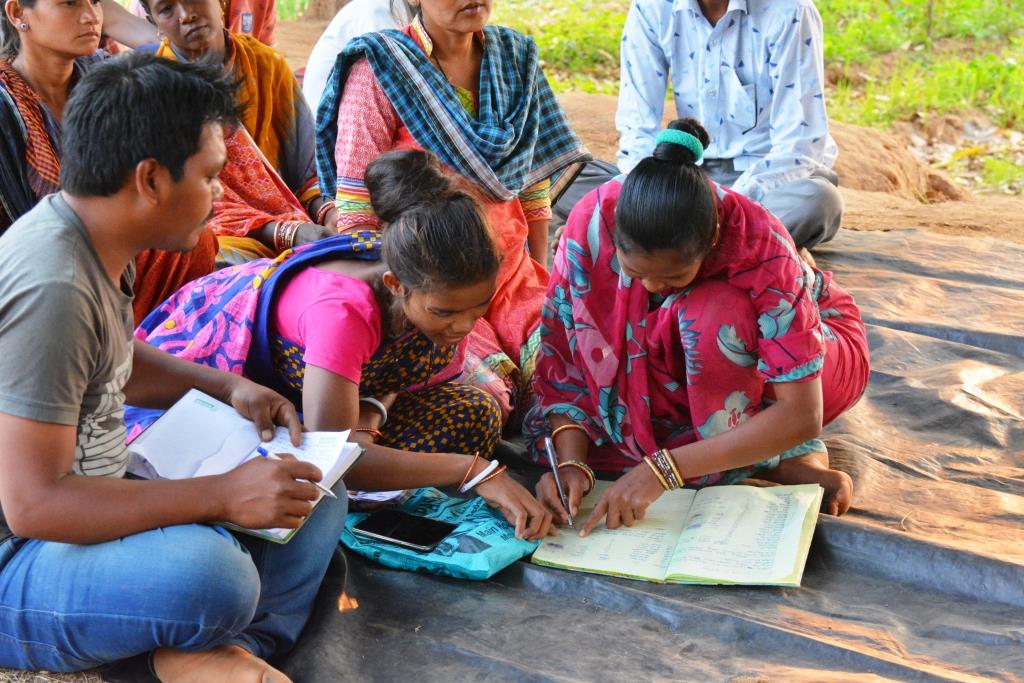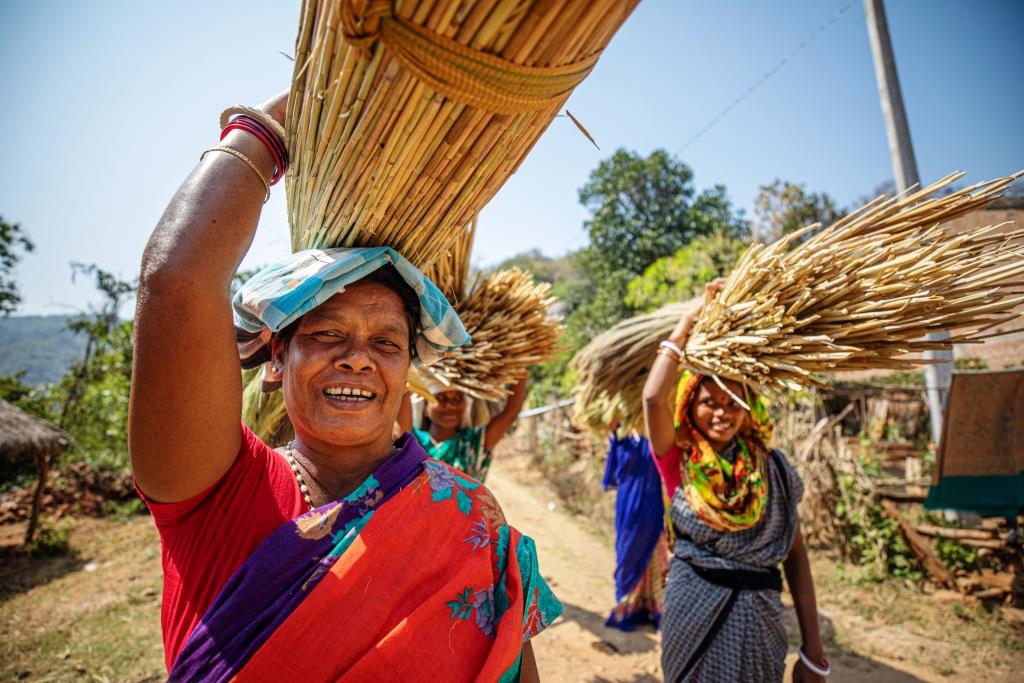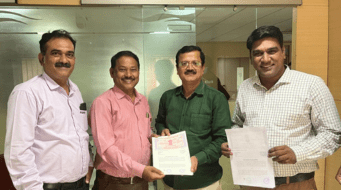The evolution of India’s rural areas and change in the rural economic structure has garnered much attention. Driven by government policies and private sector initiatives, rural India has witnessed progress on several fronts, including education, infrastructure, science, technology and developmental goals. This dynamic process has been led by self-help groups, or SHGs, to a considerable extent, for socio-economic well-being of people, creating sustainable rural communities.
SHGs in India emerged in 1985 and have been a part of the Government’s plan since 2000, primarily as a vehicle to alleviate poverty and empower rural women. However, over the years, SHGs have gone far beyond that. For instance, SHGs played a significant role in the distribution of masks, sanitisers, and PPE kits, and in curbing the spread of misinformation during the unparalleled challenge of COVID-19, rising as important pillars of support for many far-flung communities of rural India.
SHGs and financial inclusion
SHGs have been a crucial link between the formal financial sector and rural women. Given this context, three main models of SHGs have been identified – First is where banks form and finance the SHGs; second, SHGs formed by NGOs and receiving financing from banks; and third, SHGs serving as financial intermediaries. Accessing the banking system through these models has also enabled SHGs to avail of government funds, schemes and services. For instance, the Deendayal Antyodaya Yojana – National Rural Livelihood Mission that works toward poverty alleviation by institutionalising the poor, offers support to “good SHGs” through a Revolving Fund along with a provision for interest subvention. This has considerably eased credit access for SHG women, who have accessed a total amount of 5.20 lakh crore INR bank credit since FY 2013-14 under this scheme. In addition to this, SHGs also form an ideal setting for imparting financial literacy among rural women, given their periodic informal meetings. During such gathering, the advantages of availing services from banks as well as best practices for proper utilisation of loans or funds can be disseminated. Spreading financial knowledge and access through SHGs in such a manner would enable sustainable financial inclusion in rural economies.

SHGs and political empowerment
Organising into SHGs has been pivotal in curbing gender biases to enhance women’s participation in political platforms as well. Intangible benefits accrued through periodic meetings, increased self-confidence and better awareness have been linked to women’s social and political empowerment. This is evidenced by findings from a study carried out across eight Indian districts which state that women from SHGs are not only more active in political discourses but also better utilise public entitlement schemes. In this way, SHGs raise the number of people actively participating in the democratic process and all other facets of the government, improving the regulatory landscape for rural growth and improvement. The study also finds out that SHGs members have “wider social networks and greater mobility.” Collegial relationships built by way of informal gatherings are also instrumental in breaking social and caste-related barriers that usually impede uniform socio-economic development and equity, however, there remains considerable scope to eliminate these barriers in entirety.
SHGs and economic empowerment
Entrepreneurship acts as a key lever for women empowerment. It strengthens women’s socio-economic standing by supporting their decision-making abilities. SHGs have helped develop and encourage entrepreneurial efforts in many rural geographies by facilitating financial and market access; upskilling; and knowledge-sharing. For instance, under the SAATH programme launched in Jammu and Kashmir, women SHG members will be trained and mentored for scaling up their business ventures. Such schemes implemented by and through the SHGs have enabled these groups to function as business incubators and accelerators for women-led businesses.
Further, alternative livelihood opportunities transmitted through the SHGs have created substantial economic avenues for rural women, helping them diversify their income sources. WOTR’s work with HSBC serves as a good example as it aims to support microenterprises in the Karjat and Shrigonda cluster of Maharashtra by promoting sustainable practices and creating promising market linkages. The first two phases of the intervention have benefitted over 500 people, including eight primarily women-led group enterprises. Such positive change brought in by giving women agency in entrepreneurship is bound to have a cross-cutting impact on household incomes; the standard of living; and health and education of women and their families. This is especially as SHGs have been an important force in steering rural economies during crisis by creating alternative income avenues.

While SHGs predominantly refer to small women organisations, efforts are underway to constitute such groups for men as well. The Montfort Community Development Society has led the way on this front with its eight SHG groups consisting of about 170 men. A recent project by the Society enabled 150 men to buy brand-new autorickshaws at a discount, promoting low-interest credit linkages and reducing debt.
In essence, SHGs have notably contributed to cultivating financial discipline amongst its members; encouraging active participation; providing access and resources; and creating the much-needed awareness on various aspects of health, nutrition, education and sanitation. Such local and/or village-level efforts are extremely pertinent to realising and localising global developmental and climate goals, such as the Sustainable Development Goals (SDGs). SHGs spearheading these critical steps by overcoming the challenges and paving the way forward suited to specific sub-national contexts is a major leverage point. SHGs also provide an outstanding platform to address social evils, cultural barriers, and biases that have impeded gender equality and women’s progress in rural India.
At the same time, accomplishing such critical and diverse goals through SHGs would require enhancing competencies and capabilities of the members for full-blown action. Training SHG leaders for proper management and leadership; creating permanent market linkages; strengthening assistance and policies to ensure that there are no caste-based differences among members are some of the main areas requiring intervention. Institutional context-specific support imparted through NGOs or local representatives to pursue, and act on the identified areas would help nurture empowerment. This is critical for building the adaptive capacity and resilience to ensure the overall development of women, families and communities in the face of the evolving global challenges.





